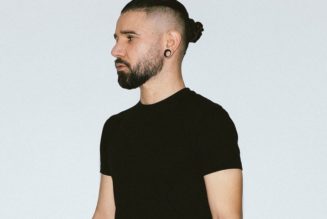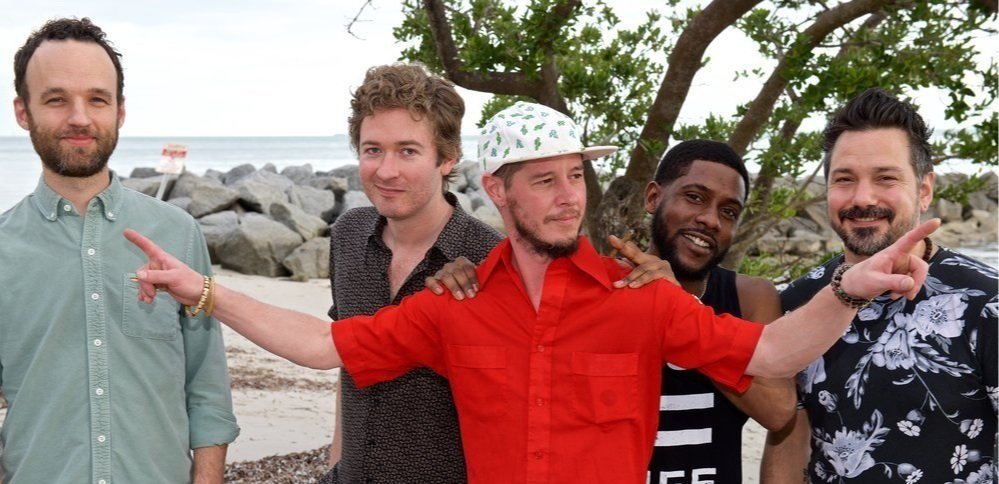
THERE’S A GOOD chance that some of the finest African music you’ll hear this summer will be made by a bunch of Americans.
Admittedly, this has much to do with the lingering effect of the Covid pandemic, which has increased costs and reduced opportunities for touring musicians all over the globe. Also playing a part is the increasingly labyrinthine process of securing touring visas, which have never been harder or more expensive to obtain, especially for musicians coming from conflict zones.
But the basic fact is that Toubab Krewe is just a damn fine band—and inventive enough to work its members’ rock, funk, and Appalachian roots into its brand of West African trance-and-dance music. While there are many North American bands that are content to simply ape the sounds of Lagos or Bamako in the 1970s with various degrees of authenticity, most of the Krewe have gone deep into the study of the region’s rhythms, melodies, and cultural mores.
The knowledge that they’ll never be perfectly “authentic” is embedded in the band’s name. “Toubab” is somewhat pejorative West African slang for a foreigner, usually—but not always—of European descent. The multiracial Krewe’s adoption of the term is both ironic and honest, but there’s no irony in these musicians’ understanding of West African music, its history, and how it is shaping the global soundscape.
There’s also the probability that while Toubab Krewe borrows heavily from that music, it’s not doing it in an appropriative way—if you accept the theory that the difference between influence and appropriation is respect.
“I hear you loud and clear,” says percussionist Luke Quaranta, in a telephone call from his Louisiana home. “I know it’s an issue, obviously. I’ve been living in New Orleans since 2014, so it’s a hot-button issue here, this being such a mecca of African and Caribbean influences and Indigenous art forms, with a super-unique playing style. It’s the razor’s edge, but what we hope will come through is our love for the music—our dedication to our studies of it well before we even had the thought of starting a band.
“First and foremost,” he adds, “I think it’s about learning the traditional forms and respecting the integrity of them. And then, I guess, the artist is in a place to be creative from a really strong foundation. That’s the key.”
An important part of that, Quaranta believes, is becoming embedded in the whole culture—not just taking an African-rhythms course at music school, but going to live with African musicians for an extended period of time. That’s something Toubab Krewe’s founding members all shared, and has continued to shape their ethos as well as their playing.
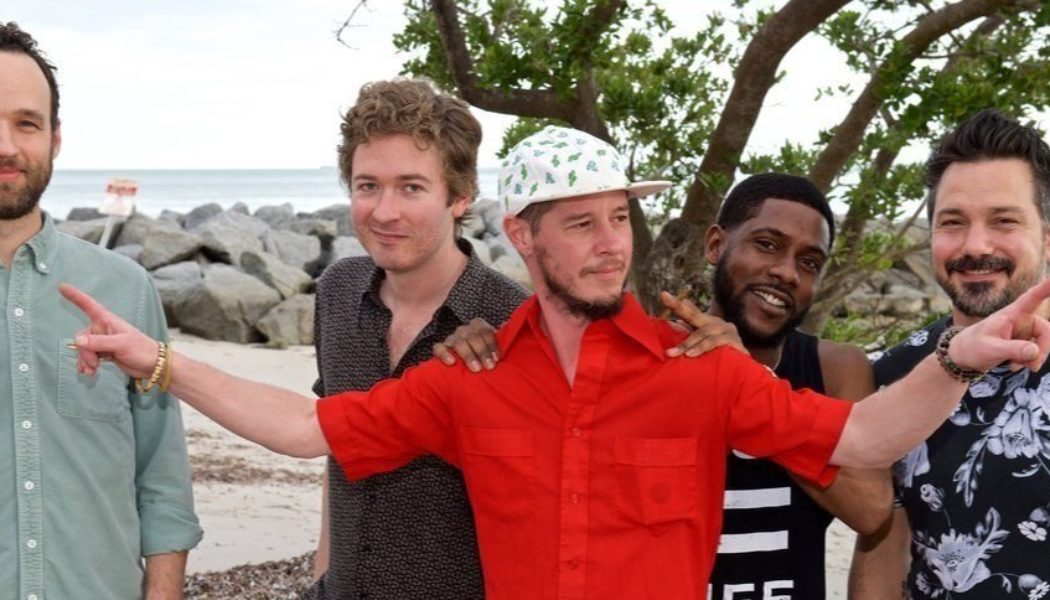
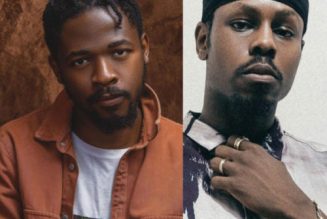
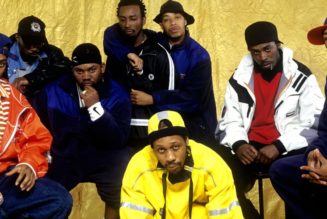
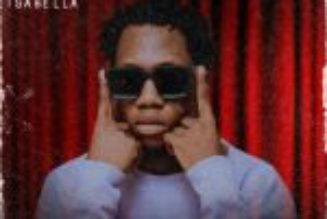
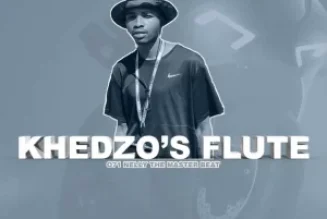


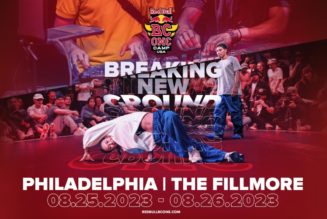
![Mick Mars Speaks Out on Motley Crue Lawsuits: ‘I Can’t Believe They’re Pulling This Crap — I Carried Those Bastards for Years’ [EXCLUSIVE] - Variety](https://www.wazupnaija.com/wp-content/uploads/2023/04/mick-mars-speaks-out-on-motley-crue-lawsuits-i-cant-believe-theyre-pulling-this-crap-i-carried-those-bastards-for-years-exclusive-variety-327x219.jpg)
